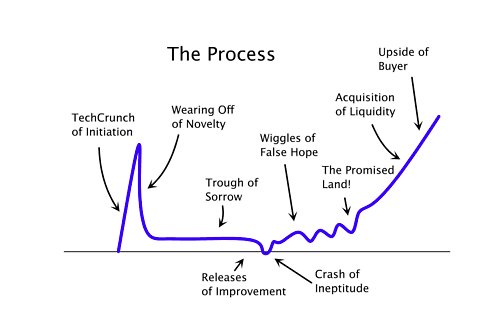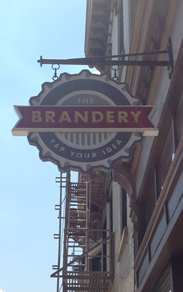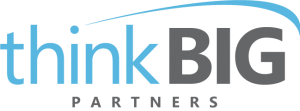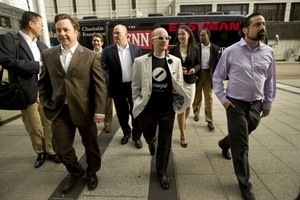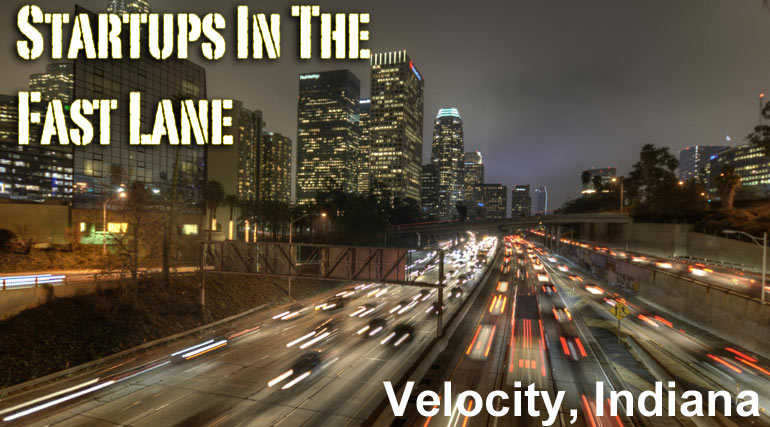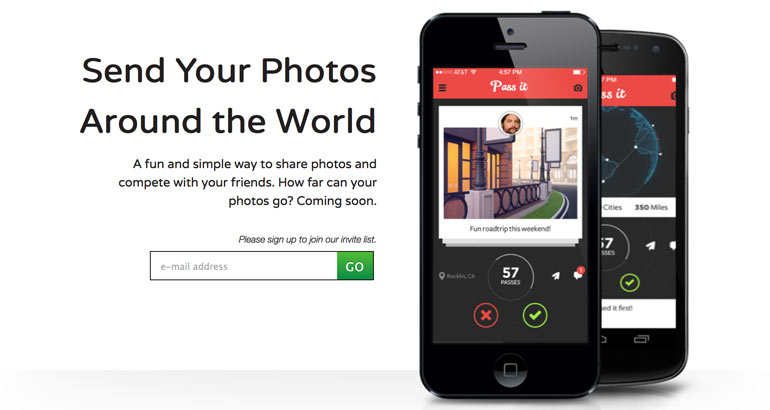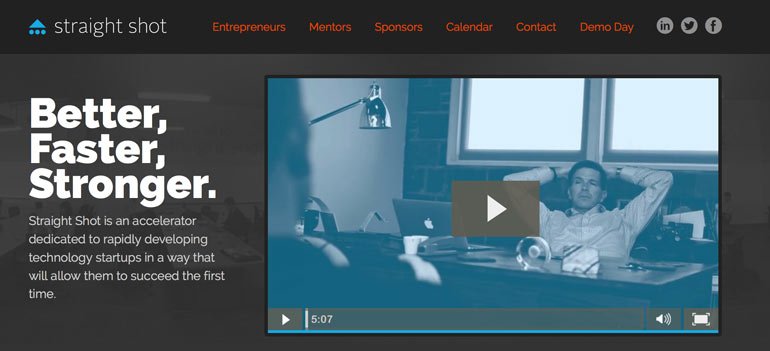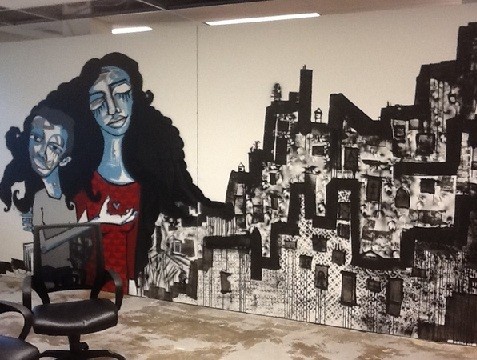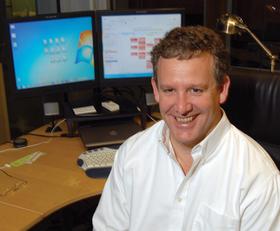Editor’s Note: With accelerator application season upon us, we know it can be hard to decide if accelerators are right for your company. With that in mind, we decided to give you an inside look at the workings of one of the top accelerators in the country.
If you’re just now finding your way into the startup accelerator series, check out the first part to catch up. Otherwise, if you’re already current, you know that our company was not in the best of shape after month one at the Brandery.
The beauty of accelerators is the community.
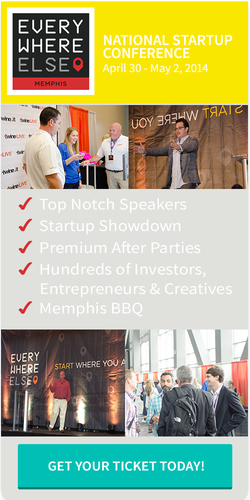 By the second month in the Brandery, most teams are settled in and trying to nail down their value propositions. For some this meant more product building, while for others it meant more conversations. Everyone was trying to take advantage of the classes and mentors, while still focusing on building their businesses late into the night.
By the second month in the Brandery, most teams are settled in and trying to nail down their value propositions. For some this meant more product building, while for others it meant more conversations. Everyone was trying to take advantage of the classes and mentors, while still focusing on building their businesses late into the night.
It was during these long days and nights you realize the true advantage of being in an accelerator – sharing a room for 18 hours a day with some of the most diverse and intelligent people on the planet. Whether you had a question about javascript or financial models, someone could answer it. We traded advice like it was currency and pushed each other every day. It’s that type of environment that truly sets an accelerator apart from other conditions.
Month 2 is for getting organized & making hard choices…
For our team, the second month in the Brandery was going to require a major shift in thought and execution. We had to do a better job of facilitating responsibilities to one another. In order to do that, we had to decide who would work in what sections of the business. The harsh reality of “you’re bad at this, I’m good at that” and vice versa can be difficult, but ultimately necessary for any startup to get off the ground.
My co-founder Ryan is a task manager and great at making decisions with a set of given information, in other words, he’s incredibly objective. The result? We decided it was best for him to play product manager and manage customer interviews so we could quickly iterate.
My skills have always been dealing with people, situations, and relationships. My decision making is a bit more emotionally-based than Ryan’s. We both decided it made sense for me to take charge of the marketing and business development.
From there it was time to figure out how we’d move forward with our CTO. While Ryan was trying to get on the same page, there was an obvious communication gap that was making it difficult to progress. We spent a week soul searching and asking trusted friends for advice, but ultimately we knew we had to hit the restart button and made the tough choice to let go of our CTO.
…and finding our brand
The next step for Sqrl was to find an identity with the product itself. Thankfully, this is where the “Brand” in the Brandery came to the rescue. It was during a follow up meeting with our branding agency (provided as a part of the Brandery) that we found our niche.
Sqrl’s product vision to-date had admittedly been ambitious. We told others we wanted to be “mint.com meets base camp” for accountants to interface with their clients. If that sounds ridiculous it’s because it is. Every time we said it, we knew it wasn’t right. We were making the mistake of building for perceived benefits, without actually focusing on a clear and defined problem that needed to be solved.
In our second session with Gyro, they presented us with four new brand identities. One of which was a squirrel, provoking a “wtf?” moment from each of us. Yet when the Gyro team told us we sounded like a “digital hunter-gatherer” and asked, “Are you an application to facilitate conversation, or does your application allow for more meaningful conversation?” we knew we found what we were looking for.
The one constant with every customer interview we conducted was that accountants were losing huge amounts (20-25%) of their day to just tracking down information from their clients. The real problem had been right in front of us the entire time.
We all left that meeting with the same epiphany – not only did our singular focus become solving the “I need something but no one is giving it to me” problem, but the mood of our team changed (for the better) with it. We dropped our old name (Accrew) and picked up the Sqrl, an identity we could get behind.
Sqrl “the digital hunter and gatherer” built with “go getter technology.” It was genius. Now all we had to do was double-back on customer interviews and validate our new assumptions. Ryan immediately started building new mockups in Keynote, and I began trying to fulfill the new narrative with our current signups and potential customers.
Over the remaining weeks of month 2, Ryan and I did everything in our power to get the new hypothesis in front of every accountant possible. We tried to validate every piece of Ryan’s mockups until it was right to move on to the next steps of building again. The new CTO interviews may have been on hold, but our identity was in full swing.
Getting through the trough
Month 2 at the Brandery was a huge gutcheck for our team, but it proved every accelerator stereotype right. In the first month we tried to move too fast, and it almost proved fatal. We listened to more advice than we should have and couldn’t find an identity on our own terms. And last but not least, we focused far too much on building a product before validating A) the problem and B) the narrative of the proposed solution.
If you asked other teams I’m sure they’d tell you they experienced similar peaks and valleys. In the accelerator world, the “trough of sorrow” probably hits around the later stages of month 2. The question each founder had to asked ourselves? “What are you going to do about it?”
Craig Baldwin is a former accountant turned startup founder. He’s currently the CMO of Cincinnati-based startup Sqrl. Craig’s also a BBQ enthusiast, writer, and purveyor of delicious vintage cocktails. Follow him on Twitter @craignbaldwin


